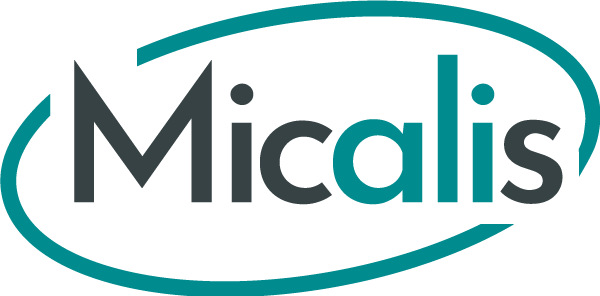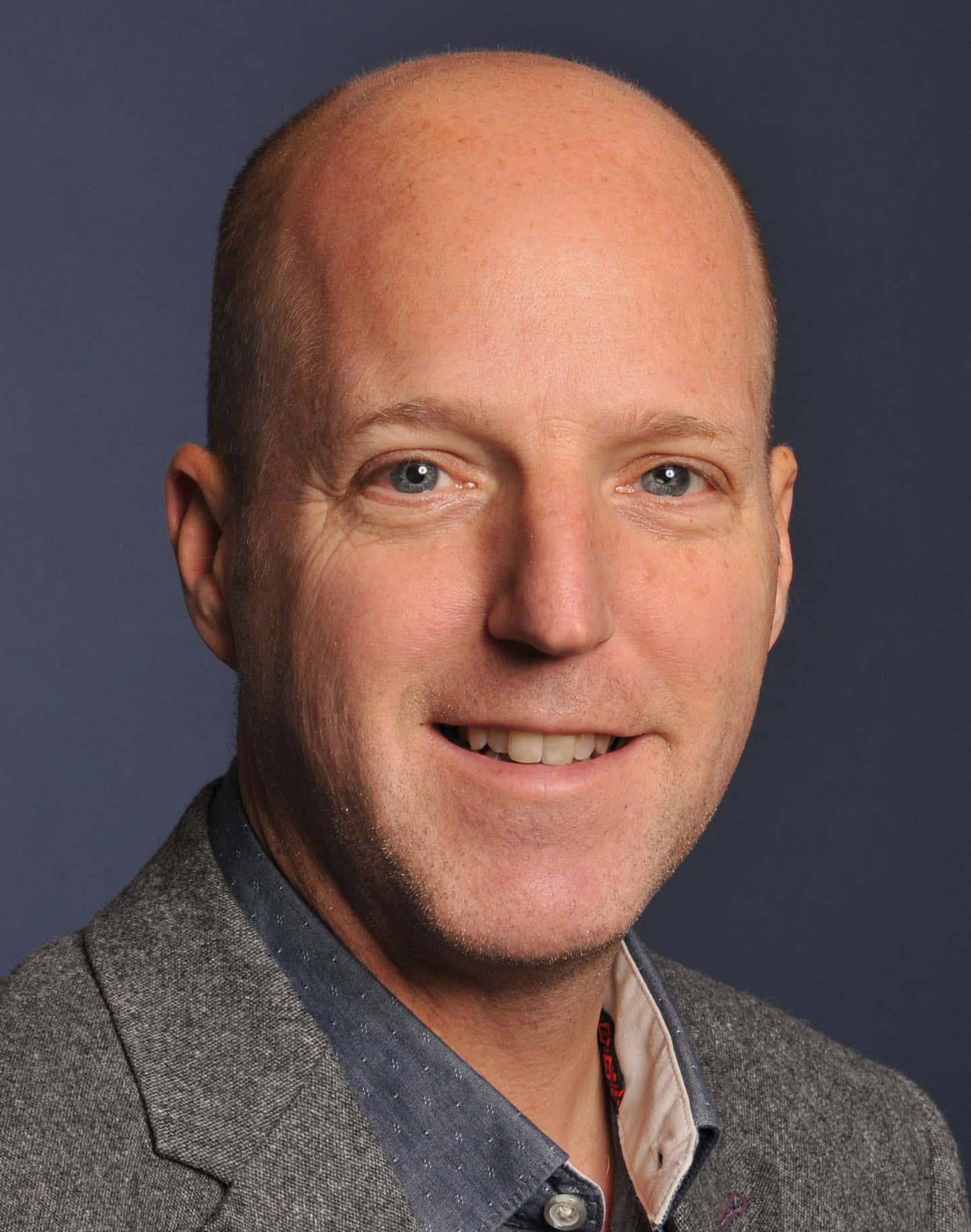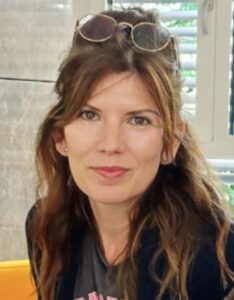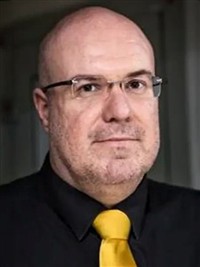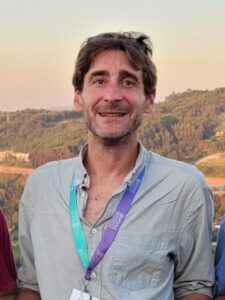A Self Driving Lab for Accelerating the Engineering of Biological Systems for Sustainable Production
This talk will introduce the vision of a Self-Driving Lab (SDL): an integrated platform that combines advanced automation, synthetic biology, and human-interpretable AI to transform how we design, build, and test biological systems. By closing the loop between hypothesis generation, automated experimentation, and data-driven learning, SDLs can dramatically accelerate metabolic engineering, reducing timelines from years to weeks. I will outline the foundational tools—such as automated DNA assembly and digital-twin models—that enable this step-change, and show how they are being applied to engineer microbes for the sustainable production of valuable compounds essential to a resilient bioeconomy.
Short bio
Professor of Synthetic & Molecular Biology at Imperial College London, he is Co-Director of the Imperial College Centre for Synthetic Biology and Director of the EPSRC Centre for Doctoral Training in BioDesign Engineering. He has spent his career at the interface of the physical and life sciences. He has also crossed the boundary to engineering in the field of synthetic biology and more recent interests include enhancing data-led approaches through the integration of AI.
Research work in the Baldwin lab focuses on the development of synthetic biology approaches to facilitate the engineering of new biological systems for real-world applications. To this end we have developed foundational tools, like our BASIC DNA assembly method, that transform our ability to rapidly prototype new biological designs. We are also developing enhanced methods for accurate metrology to better understand and model the relationship between input design and phenotypic response. These fundamental developments are being applied across a broad range of projects that address gene circuit design; RNA feedback control; in vivo directed evolution for the generation of new protein specificity and functionality. Recently we have been developing new AI based approaches to integrate into the synbio stack.
Laboratory of the speaker
Baldwin lab, London (Imperial College)
Invited by
Jean-Loup Faulon
